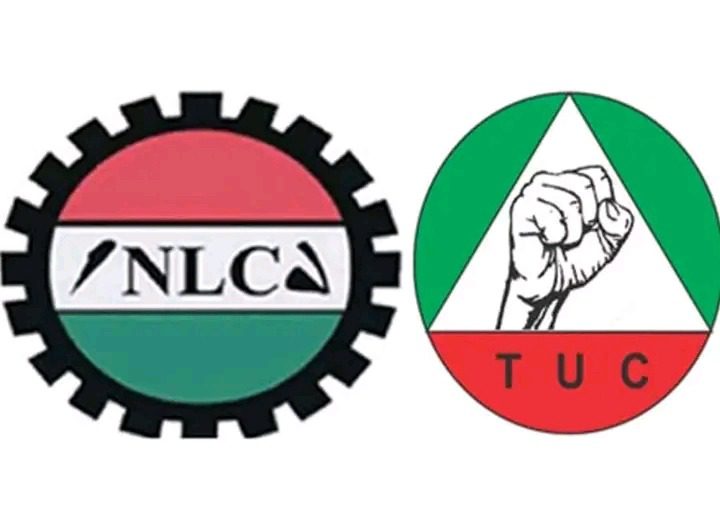National Issues
Nigeria Braces for Economic Standstill: Labour Unions Announce Indefinite Post-Independence Strike” -By Adam Ibrahim Idris
The proposed industrial strike, in collaboration with Nigeria’s Trade Union, is expected to wield significant disruptive power, particularly targeting domestic trade and transport services, including flight operations. The government’s attempts to address the situation have been evident, with a meeting initially set for noon, now postponed to the evening to accommodate discussions with leaders outside of Abuja.

In a stark turn of events, Nigeria’s organized labour unions have set the stage for an indefinite nationwide strike, following the nation’s commemoration of Independence Day in 2023. This follows a two-day warning industrial strike on September 5th and 6th, during which the Nigerian Labour Congress voiced their demands and concerns.
Scheduled to commence on October 3rd, right after the symbolic celebration of Nigeria’s sovereignty on October 1st, the strike is rooted in two critical demands presented to the federal government. The first demand revolves around the release of Tajudeen Baruwa, the national president of the National Union of Road Transport Workers (NURTW), and 21 other union officials detained for alleged criminal activities. The second demand focuses on securing allowances for Nigerian employees in both public and privatized economic sectors, aimed at mitigating the adverse impacts of subsidy removal by President Bola Ahmed Tinubu’s administration.
The federal government, anticipating the repercussions of the impending strike, has taken steps to address the grievances. The Ministry of Labour announced the release of the detained NURTW national president and expressed willingness to negotiate terms with the Nigerian Labour Congress and the National Union of Road Transport Workers, seeking to avoid the looming economic shutdown from October 3rd.
The proposed industrial strike, in collaboration with Nigeria’s Trade Union, is expected to wield significant disruptive power, particularly targeting domestic trade and transport services, including flight operations. The government’s attempts to address the situation have been evident, with a meeting initially set for noon, now postponed to the evening to accommodate discussions with leaders outside of Abuja.
However, concerns loom large over the potential consequences of a protracted labour strike. A looming economic disaster is anticipated if the strike is allowed to proceed unchecked, impacting various sectors and the lives of the populace. Calls for decisive action from the government resonate widely, urging swift and effective resolutions to prevent dire ramifications on the nation’s economy. The urgency of the situation leaves little room for delay, emphasizing the need for a balanced and mutually beneficial solution to avert a calamitous halt in Nigeria’s economic activities.
Adam Ibrahim Idris from Abubakar Tatari Ali polytechnic bauchi.
Can reached via adamibrahim611@yahoo.com










